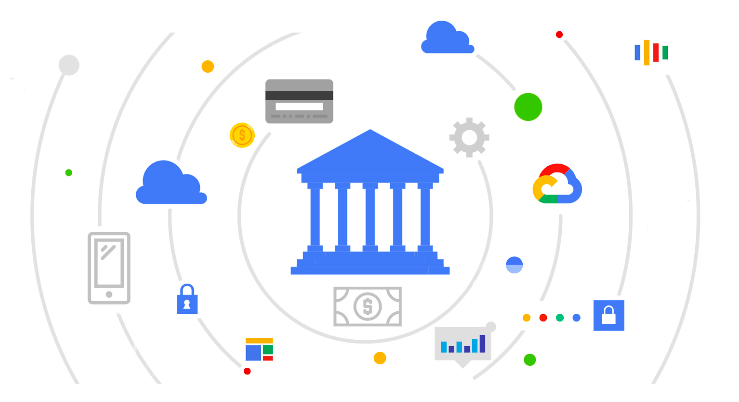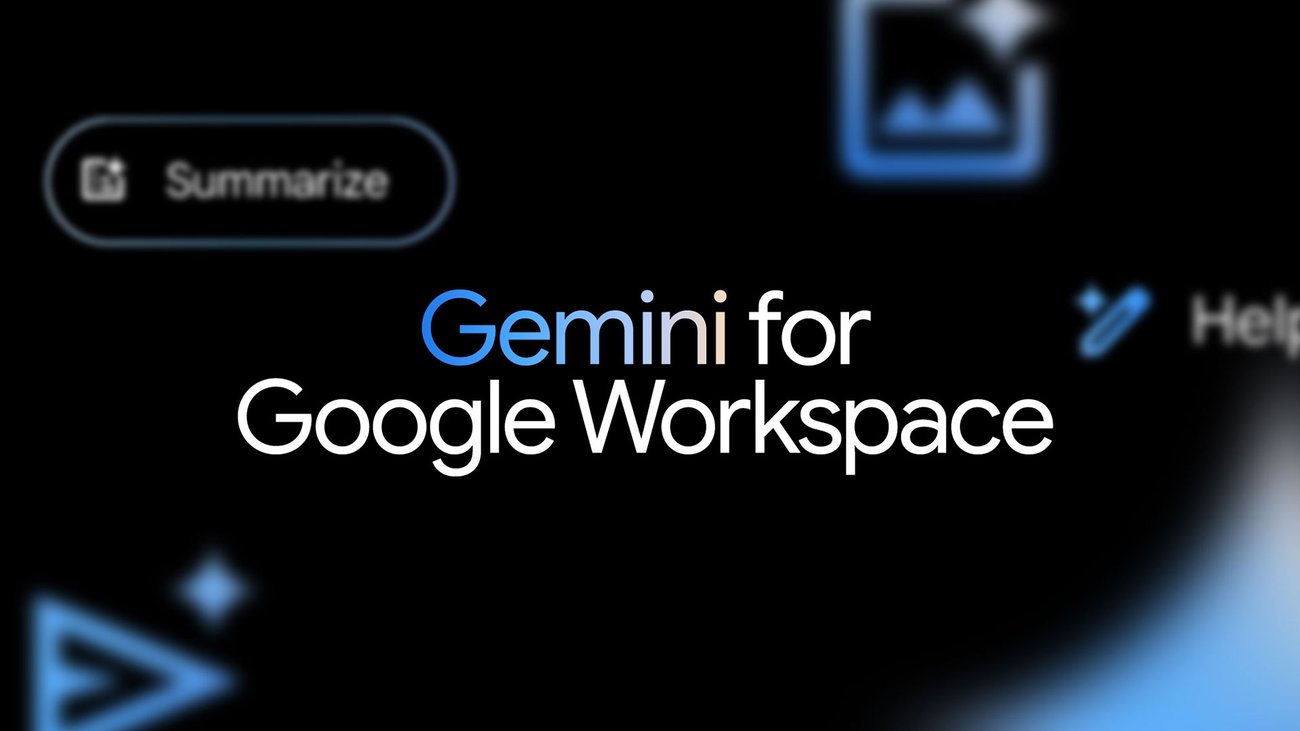Số hóa bùng nổ mạnh mẽ kéo theo khách hàng ngày càng yêu cầu cao…
Top 5 cloud computing platforms on the market
Cloud computing was born, completely changing the way businesses operate their information technology systems. Choose one Cloud computing platform can be considered a powerful assistant in the digitalization process of industries. Currently on the market there are top 5 popular cloud computing platforms, which ones are they? What will be the optimal platform for businesses to meet the needs of digital transformation? Find the answer for your own business in this article.
Overview of Cloud computing platform
Simply put, Cloud Computing or cloud computing is the provision of computing services - including servers, storage, databases, networks, software, analytics, AI - via the internet (or cloud) to provide Quick and flexible conversion of resources and easy economic scale.
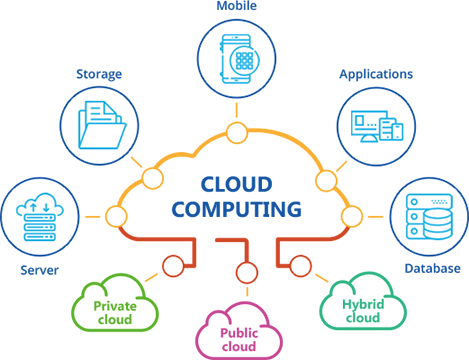
Specifically, you will only need to pay for the cloud services you use, helping to reduce operating costs, use infrastructure more effectively, and can expand business operations easily if necessary. .
Top 5 Cloud computing platforms
There are many companies that provide cloud services, but which one is best depends on each business's business needs or applications. However, there are a number of factors to consider such as expertise, location, cost, reliability, flexibility, security and of course what the business wants to accomplish.
Amazon Web Services
Established in 2006, Amazon's AWS cloud service has become one of the most innovative and influential technology platforms in the world. Amazon Web Services (AWS) is a cloud-based program for building business solutions using integrated web services. AWS offers a range of IaaS and PaaS services, including Elastic Cloud Compute (EC2), Elastic Beanstalk, Simple Storage Service (S3), and Relational Database Service (RDS).
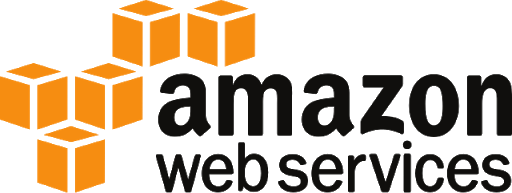
With operations in 6 regions, 25 regions, 78 points of presence worldwide, AWS becomes a platform specializing in deploying AI, databases, machine learning, 5G cloud, multi-cloud and serverless . AWS has three different pricing models: “Pay as you go,” “Save when you book,” and “Pay less for more.”
Google Cloud Platform
Google Cloud Platform is Google's cloud service provider. If businesses are seriously concerned about latency when building performance-oriented applications, then Google Cloud is the best choice because it includes GCP & Google Workspace customers (G Suite).
Google Cloud Platform is available in 22 regions, 61 regions, and 140 points of presence in over 200 countries, making GCP one of the largest and fastest networks. With Google Cloud's multi-layered security infrastructure, users can rest assured that everything a business builds, programs, or stores will be protected. This is done through Google's commitment to transparency and highly trained engineering team.
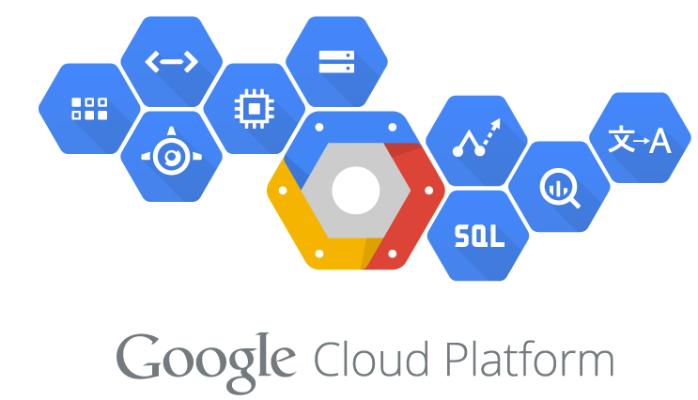
Google also provides a simple service to switch to virtual machines with flexible prices based on "pay as you go" payment plans. Google's cloud computing claims to be the leader when it comes to price compared to major competitors, and businesses can try the service for themselves for free.
Google Cloud tools
Google Cloud has many tools to ensure performance and conflict-free management.
- Google Compute Engine (IaaS service) provides users with virtual machine instances to host workloads. Google App Engine (PaaS service) provides software developers access to Google's on-demand hosting service and software development kit (SDK) to develop applications that run in cloud environments . In terms of storage, Google Cloud Storage is a highly dynamic storage solution that supports both SQL (Cloud SQL) and NoSQL database storage (Cloud Datastore). All these services can be accessed using the public Internet or through dedicated networks.
- Bên cạnh đó, các sản phẩm của Google cũng được cung cấp trên đám mây, bao gồm Google Workspace, Google Maps Platform, Google Hardware, Google Identity, Chrome Enterprise, Android Enterprise, Apigee, Firebase và Orbitera.
- Especially outstanding with technology AI (Machine Learning) Google solutions are always highly flexible, easily expandable, upgradeable, and automatically updated regularly.
Microsoft Azure
Microsoft Azure was launched in 2010 as Windows Azure, and then in 2014, it was renamed Microsoft Azure. Azure is enabled primarily through Microsoft managed data centers, the platform proves to be a reliable solution in supporting the development, testing, deployment and management of applications and services. service. For web development, it also offers support for PHP, ASP.net, and Node.js.

With Azure, users can run any service in the cloud or combine it with any existing application, data center or infrastructure. This results in service packages being chosen that better suit your needs.
All Microsoft Azure prices and plans are laid out in great detail on their website. This page includes a cost calculator and a “pay as you go” service. Each plan can be tailored to suit your business's specific needs.
IBM Cloud
IBM Cloud, renamed from IBM Bluemix, is a set of cloud computing services provided by the technology giant of the same name, IBM. Previously, Bluemix was developed by IBM as an open source cloud-based solution – Cloud Foundry comes with a platform (PaaS), supports a number of programming languages and services, and is integrated with DevOps to Build, run, deploy, and manage applications in the cloud.

But today, IBM offers IaaS, SaaS and PaaS services through public, private, hybrid and multi-cloud models. IBM Cloud is integrated and managed by a single system that can be controlled through a web portal, API (Application Programming Interface), or mobile applications. Besides, IBM Cloud offers a wide range of services. Not all of them are cloud-based: it includes both virtual servers and hardware-based servers, including public, private, and management networks.
And IBM Cloud also offers full server customization. This means that everything that goes on the server is chosen by the business. This way, businesses don't have to pay for features they may never use.
Oracle Cloud
Oracle Cloud is an ERP (Enterprise Resource Planning)-based cloud service that helps businesses build, deploy, and manage workloads in the cloud or on-premises. Oracle offers two main services: cloud architecture and data storage.
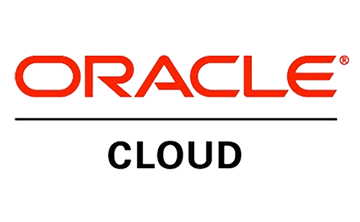
Cloud architecture includes data management, databases, and applications, while Oracle data cloud is primarily for driving big data analytics for business insights. Oracle also offers a range of SaaS (Software as a Service) platforms such as HCM, EPM, SCM and social media tools.
Oracle Cloud Services are truly designed to meet the needs of enterprises rather than small businesses or individuals. Oracle applies a pay-as-you-go policy to Oracle Cloud. And Oracle Cloud also offers a free service that includes unlimited access to two autonomous databases with Oracle Application Express (APEX) and Oracle SQL.
Conclusion
To promote the digital transformation process, it is clear that businesses need to determine their needs and development directions, to be able to choose Cloud computing platform suitable, optimizing costs and performance. With the top 5, this cloud computing platform partly helps you have more information to choose the right platform for your business. Or pussyContact Gimasys for advice on conversion strategies suitable to the actual situation of your businessyou and experience the Cloud computing platform from Google Cloud Platform for free:
Hotline: Hanoi: 0987 682 505 - Ho Chi Minh: 0974 417 099
Email: gcp@gimasys.com
Sign up for a free consultation: Here.
Source: Gimasys

